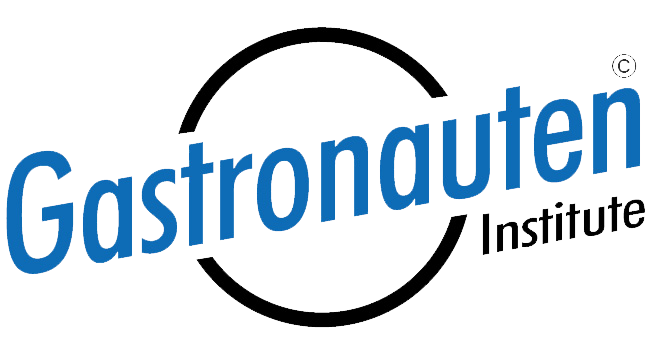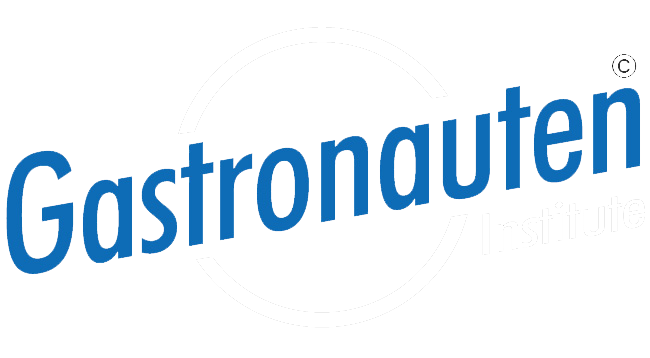6 Month Training in Food Processing
- Program Description
A 6-month training course in food processing provides a solid foundation for working in the food industry. This training focuses on the basic techniques, technologies and safety precautions required when processing food. It is aimed at those who want to work in food production, processing, quality control and packaging.
- Program Objective
The aim of the training is to provide participants with the basic knowledge and practical skills in food processing so that they are able to carry out modern food processing processes safely and efficiently. The training includes both theoretical and practical components necessary for a career in food production and processing.
- Program Cost and Funding
The cost of the training program depends on the provider and location. Some companies or government agencies offer funding or grants that can help with training costs.
Additional Learning OpportunitiesThis training program provides participants with a solid foundation to work successfully as professional chefs in Ghana and beyond.
- Duration of the Program
The program lasts 6 months and combines theoretical lessons with practical exercises in a workshop or food processing plant. A large part of the program is focused on practical applications and work processes in food processing.
Structure of the program
- Training Location
The training could take place in a specialised technical school, a chamber of crafts or in cooperation with food producers. Practical modules could be carried out in modern food processing plants to provide participants with practical experience.
Completion and certification:
Upon successful completion of the programme, participants will receive a certificate confirming their knowledge of food processing. This certificate is a valuable qualification for a career in the food industry and can be used in various areas of food production and processing.
- Requirements for Participation
- Minimum age of 18 years
- Interest in food processing and the food industry
- Basic knowledge of mathematics and chemistry
- No specific previous knowledge is required, but practical experience in craft or technical professions is an advantage
- Continuing Education Opportunities
After the basic training, specialized training could follow in areas such as food technology, packaging, or quality assurance.
Certifications: Participants can earn additional certificates in specialized areas such as HACCP or ISO 22000 (food safety).
This 6-month food processing training program provides a broad introduction to food production and processing and prepares participants for a variety of careers in the food industry.
Structure of the program
Introduction to food processing
Theory/Basics
- Overview of the food industry and the different areas of food processing (e.g. milk processing, meat processing, fruit and vegetable processing, bakery products)
- Fundamentals of food science (e.g. nutrition, chemical composition of food)
- Hygiene and safety regulations in food processing
- Quality standards and legal requirements (e.g. HACCP, food labeling, product safety)
Practical Training
- Introduction to the tools and machines of food processing
- Fundamentals of hygiene and personal health protection in the workplace
- Practical exercises in preparing and cleaning work areas and machines
Food technology and processing
Theory/Basics
- Introduction to different processing techniques (e.g. cooking, cooling, pasteurization, drying, fermentation)
- Use of machines and equipment in food processing (e.g. Mills, mixing machines, packaging machines)
- Preservation methods: Chemical, physical and biological preservation techniques
Practical Training
- Applications of the various processing techniques using practical examples
- Hands-on experience with machines and equipment for food processing
- Carrying out small production processes, e.g. making fruit juices, jam or sausages
Processing of raw materials and ingredients
Theory/Basics
- Raw materials and ingredients in food processing: selection, storage and processing (e.g. grain, meat, vegetables, fruit, sugar)
- Effects of processing on the nutrients and quality of the food
- Use of additives, preservatives and flavors
Practical Training
- Practical exercises in handling various raw materials and ingredients
- Processing of raw materials (e.g. grinding, chopping, mixing, cooking)
- Practical Application of techniques for preserving food (e.g. canning, pasteurization)
Packaging techniques and technologies
Theory/Basics
- Importance of packaging for the shelf life and safety of food
- Different packaging techniques (e.g. vacuum packaging, shrink wrap packaging, cans)
- Materials for food packaging: plastics, glass, paper, metals
- Sustainability in food packaging (e.g. recycling, environmentally friendly materials)
Practical Training
- Practical exercises on various packaging techniques and machines
- Application of packaging machines and materials
- Control of packaging quality and checking for tightness and shelf life
Quality control and management
Theory/Basics
- Quality standards and methods in food processing (e.g. sensory tests, microbiological tests, chemical tests)
- Monitoring and documentation of production processes
- Compliance with hygiene standards and food safety
- Introduction to the quality management system (e.g. ISO 9001, HACCP)
Practical Training
- Carrying out quality controls on various food products
- Analyzing samples for quality and safety (e.g. testing shelf life, taste, appearance)
- Preparing quality assurance protocols and reports
Practical application and final project
Practical Training
- Final project: Carrying out a complete production process, e.g. producing a packaged product (e.g. bread, jam, fruit juices)
- Independent work on a production line: from raw material preparation to processing and Packaging
- Participation in an internship in a food processing company to gain practical experience in a real production environment
- Final exam: A combination of practical exam and theoretical test
Practical Training
- Carrying out quality controls on various food products
- Analyzing samples for quality and safety (e.g. testing shelf life, taste, appearance)
- Preparing quality assurance protocols and reports

